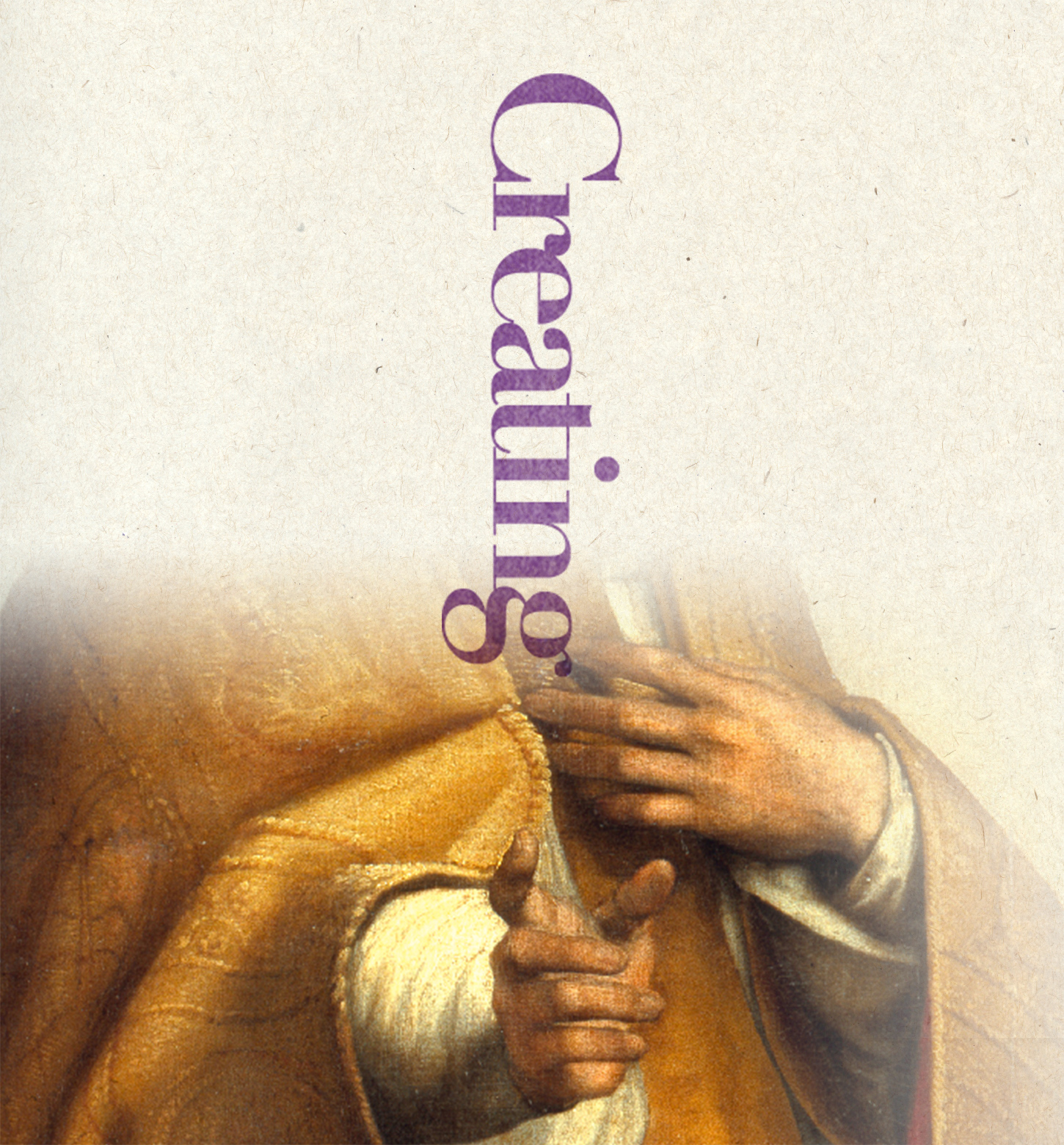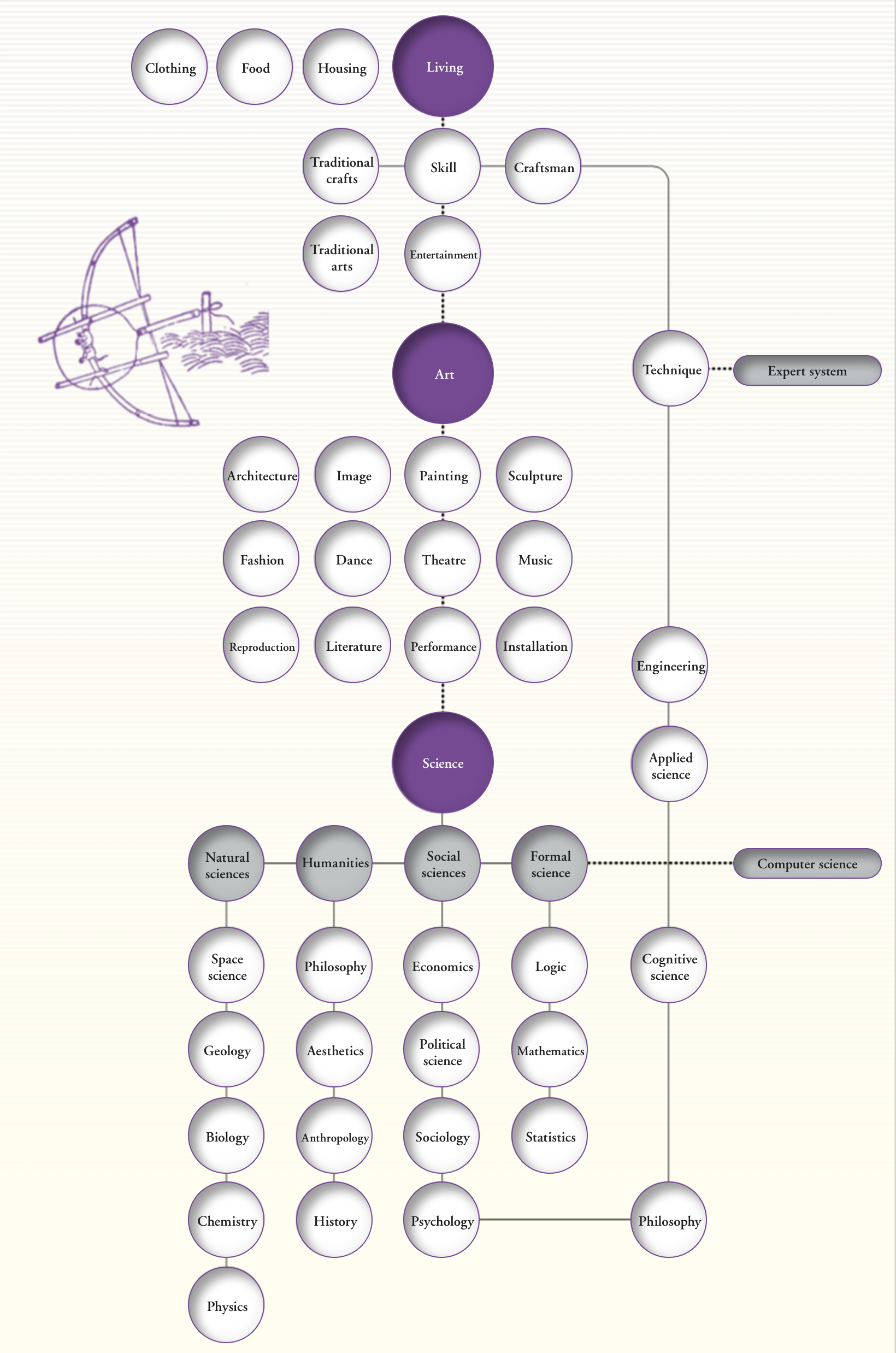

Many people think that science will eventually be able to explain everything that happens in nature, and that technology will be able to reproduce it. Perhaps that is so, but even then, that day lies far into the future. Probably a more likely scenario is that the further science and technology advance, the deeper the mysteries of the world will grow. Even with topics that we believe science has solved for good, when you take a closer look, you'll find that plenty of problems have slipped through the cracks or been swept under the carpet. Furthermore, these are often the issues that are closest to us and most important in our daily lives. Take hunches or intuitions or premonitions, for example. They may have rational-sounding explanations, but our gut feelings tell us something is not quite right after all. Such examples are not at all uncommon. When you think about it, there are lots of things that modern civilization has forgotten all about. Maybe the time has come to stop for a moment and try to remember. The seeds of forthcoming science and technology are impatiently waiting to be discovered among the things we have left behind.
HORIBA, Ltd.

Modern people can’t as much as light a fire without matches or a lighter, so for them to create something from scratch would be a Herculean task.
Humans are not gods, so perhaps it’s fundamentally impossible for us to create something out of nothing.
Not even Leonardo da Vinci, Newton, Picasso or Einstein were completely original but became “geniuses” thanks to the achievements and databases collected by their forebears. They were “standing upon the shoulders of giants,” as Newton said.
It doesn’t seem to be intelligence or IQ that separate such “geniuses” from “ordinary people.”
Creation requires imagination and curiosity, of course, but above all a strong sensibility.
Both the fine arts and science strive for “beauty,” and only sensibility gives you the power to judge what is “beautiful” and the ability to create things.
Sensoring technology is the basis of creativity.
